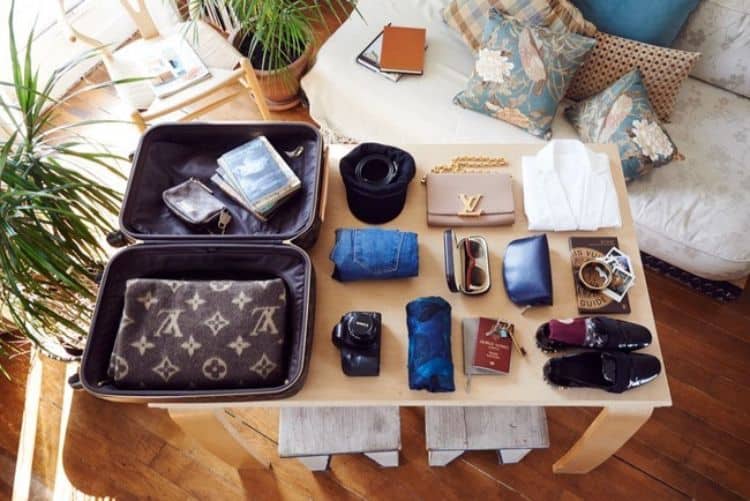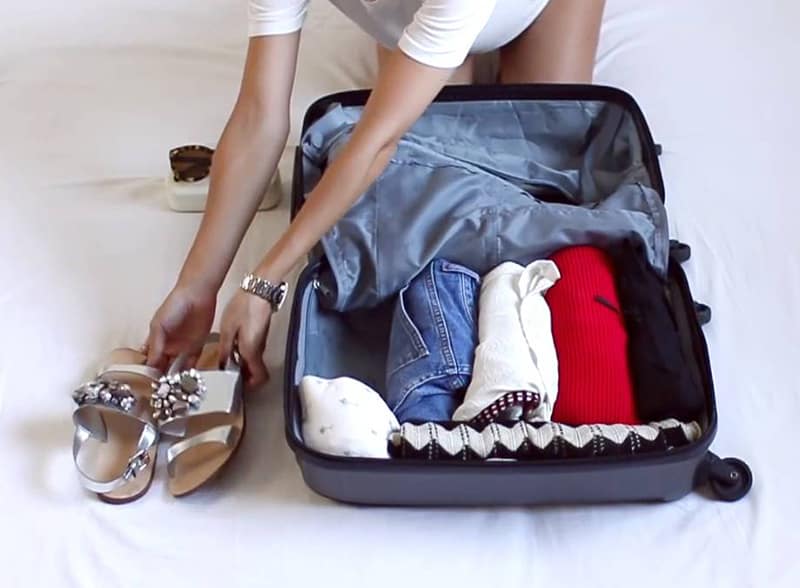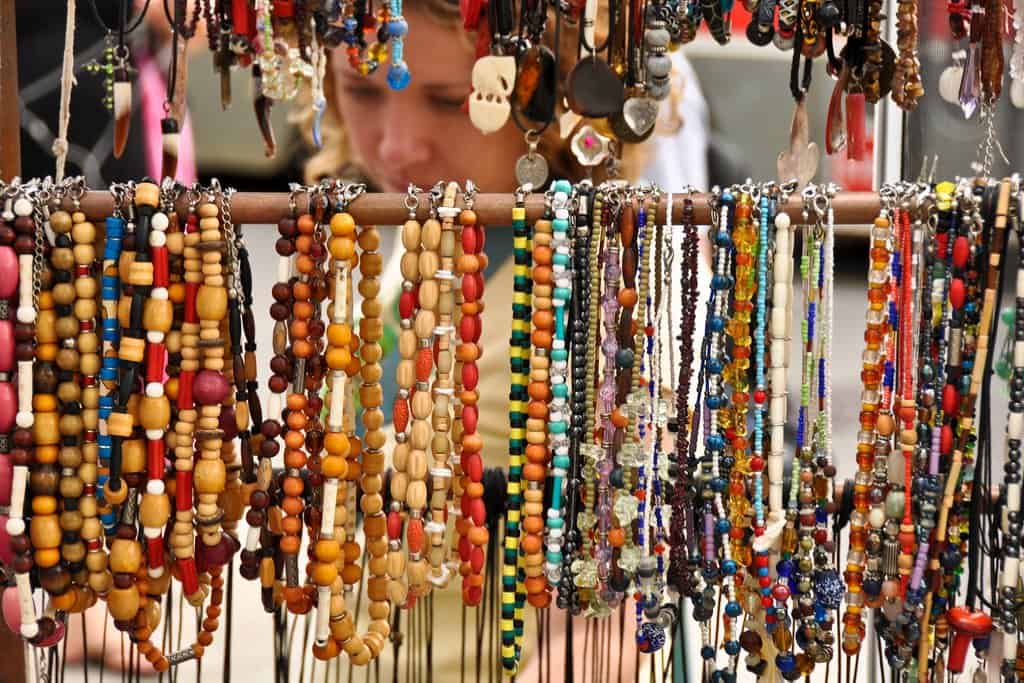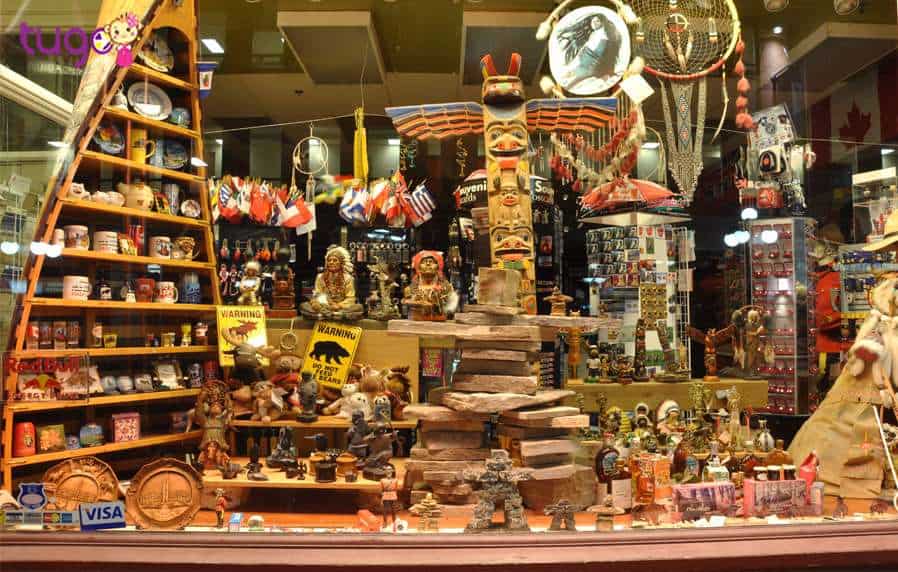Minimalist living began in the 1960s and is becoming a breeze creeping into life as a new lifestyle. From KonMari’s movement to clean a small house, people are gradually learning how to live more minimalistically. The same goes for travel enthusiasts. The benefit of minimalist travel is to reduce the amount of luggage, money and “relax” the mind in an extremely effective way. Especially at a time when personal income and the general economy are heavily affected by the Covid-19 epidemic. Here are some tips for you to start your “minimalist” travels.
Bring only essential items
This sentence means: Make a list of carry-on items and minimize unnecessary things.
Knowing the schedule of your trip will help you make a list of what you need to bring. Finding a lightweight handbag is the first thing that can help you limit your luggage. Sorting personal items by purpose and minimizing things that are not too necessary will help you lighten your luggage a lot.

Make a list of things you really need to carry around
A lot of people realize that they often don’t use up to 1/2 of the clothes they bring with them when traveling, so minimize the amount of clothes for your trip. Choosing multifunctional clothes, which can easily mix many styles together from simple, dynamic to luxurious, elegant is an ideal suggestion for you to minimize luggage.
Once you’ve decided to travel, if possible, leave your work behind. Do not carry bulky electronic devices such as laptops, instead a tablet and 1 small mini speaker to enjoy music are more useful options.
Organize your luggage scientifically and neatly
Minimalism is often accompanied by the habit of arranging cast iron and neatly. Therefore, learning how to pack your luggage scientifically will help you save suitcase space and be convenient to use.

Arrange your luggage neatly and scientifically
Curling up clothes is one of the most commonly used ways to optimize area. Arranging items in layers will make it easier for you to get them. Frequently used items will be left at the top.
Minimalism means buying less and removing items we don’t need, focusing more on the trip experience. Many of us return home with souvenirs as proof of our travels. This explains the existence of the extremely developed souvenir industry. But we also need to ask ourselves, how much money would we save if we didn’t spend on those items? Actually their price is not cheap either.

Shop smart to save money and effort when traveling
Before you get excited and spend money on souvenirs, ask yourself the question: do I really need to buy a carpet/statue… this about indoor display? It’s more practical to spend that valuable time with yourself instead of trying to find interesting exhibits. While it can be a tricky habit to fix, replacing gifts with photos seems like a more affordable way to both hone your photography skills and capture the beauty of where you’ve been.
In case you really need to buy souvenirs, choose local crafts? Not only does that support the local economy and culture, but you can also bring back gifts that have real purpose and meaning.

Souvenirs from local crafts
When packing, an Internet search will give you a lot of tips to make your luggage compact. Minimalist travel not only saves you money and effort, but also motivates you to think about what is really needed and what should be ready to leave. You’ll find yourself more creative with the minimalist items you bring with you.
Erase the mental void in you

Get rid of your worries and experience more.
Traveling with a minimalist mindset is to restrain yourself from buying too much and avoid cramming your suitcase. Minimalist travel also talks about getting rid of the obstacles in life so that you have more experiences. By removing cluttered items from our luggage, we will find that we can live simpler lives while still having fun and comfort.
While minimalist travel isn’t suitable for everyone, it’s worth a try. Maybe you’ll be interested in how it changes your life. Minimalist travel is a trip that focuses on comfort along the way, so let’s get rid of all the things that are not really necessary.
